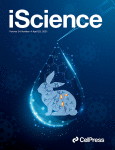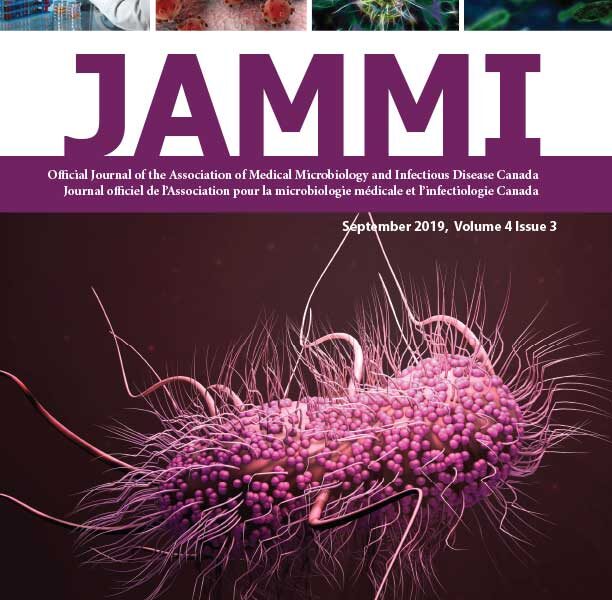 Banerjee, A., N. El-Sayes, P. Budylowski, D. Richard, H. Maan, J. Aguiar, K. Baid, M. D’Agostino, J. Ang, B. Tremblay, S. Afkhami, M. Karimzadeh, A. Irving, L. Yip, M. Ostrowski, J. Hirota, R. Kozak, T. Capellini, M. Miller, B. Wang, S. Mubareka, A. McGeer, A.G. McArthur, A. Doxey, & K. Mossman
Banerjee, A., N. El-Sayes, P. Budylowski, D. Richard, H. Maan, J. Aguiar, K. Baid, M. D’Agostino, J. Ang, B. Tremblay, S. Afkhami, M. Karimzadeh, A. Irving, L. Yip, M. Ostrowski, J. Hirota, R. Kozak, T. Capellini, M. Miller, B. Wang, S. Mubareka, A. McGeer, A.G. McArthur, A. Doxey, & K. Mossman
Type I interferons (IFNs) are our first line of defence against virus infection. Recent studies have suggested the ability of SARS-CoV-2 proteins to inhibit IFN responses. Emerging data also suggest that timing and extent of IFN production is associated with manifestation of COVID-19 severity. In spite of progress in understanding how SARS-CoV-2 activates antiviral responses, mechanistic studies into wildtype SARS-CoV-2-mediated induction and inhibition of human type I IFN responses are scarce. Here we demonstrate that SARS-CoV-2 infection induces a type I IFN response in vitro and in moderate cases of COVID-19. In vitro stimulation of type I IFN expression and signaling in human airway epithelial cells is associated with activation of canonical transcriptions factors, and SARS-CoV-2 is unable to inhibit exogenous induction of these responses. Furthermore, we show that physiological levels of IFNα detected in patients with moderate COVID-19 is sufficient to suppress SARS-CoV-2 replication in human airway cells.

